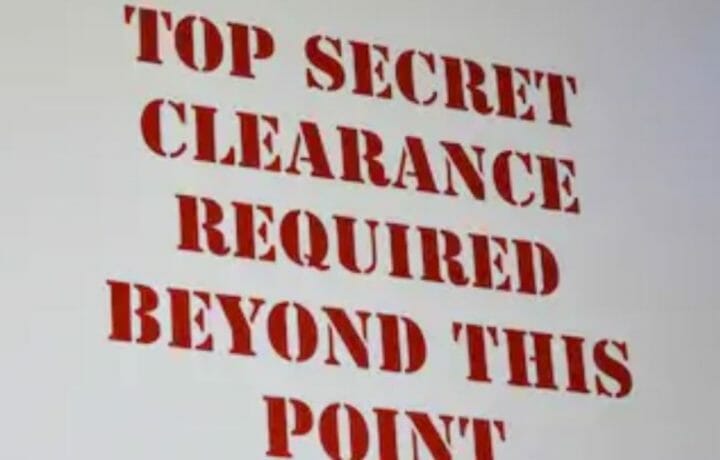Reciprocity occurs when an agency accepts a security clearance granted to an individual by a former agency. The Intelligence Reform and Terrorism Prevention Act addressed reciprocity, and included a checklist to determine whether or not a new background check would be required. It urged reciprocity whenever possible, in an effort to speed the clearance process and reduce redundant spending on multiple background investigations.
Many professionals assume that if they have been cleared by one agency, their security clearance will readily transfer to another agency. But while reciprocity is encouraged, it isn’t required OPM conducts the vast majority of security clearance investigations, but the three letter agencies conduct their own investigations, and others, including the Department of Homeland Security, make use of both OPM and outside contract investigation services.
The concept of security clearance reciprocity has existed for decades. However, because agencies have specific missions, reciprocity can be difficult to achieve. Reciprocity is especially complicated for defense, intelligence, and law enforcement agencies. In past years, the push has been to speed the security clearance process, which made reciprocity a popular topic for those with security clearance oversight. Recent reform efforts focus on completeness of background investigations, and reciprocity has taken a backseat.



